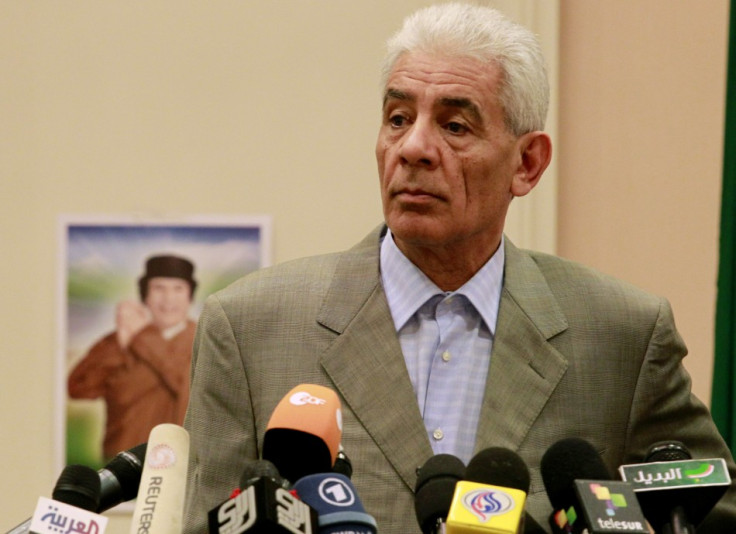Libya: Gaddafi Former Minister Moussa Koussa to Settle In Jordan Capital

Libya's former foreign minister Moussa Koussa has obtained a Jordanian passport and is planning to move to Amman from Qatar, Arabic daily al-Arab al-Youm reports.
Koussa, showing he had little faith in the Gaddafi regime's survival, fled Libya soon after the conflict between the rebel forces and the former Libyan government broke out and came to the UK in March.
While not much has been known about his whereabouts, he had recently been located in Qatar, where he reportedly spent a few months.
Before becoming Gaddafi's foreign minister, Koussa previously headed the Libyan intelligence agency from 1994 to 2009.
A member of Gaddafi's inner circle, he was considered one of the country's most powerful figures and was accused of masterminding the Lockerbie bombing.
Officials from the National Transitional Council officials recently revealed he offered the new government his experience and contacts, in a desperate attempt to salvage his political career and avoid detention.
Officials from the new Libyan government declined Kussa's offer, instead warning him he would be charged with crimes against humanity if he returned to Tripoli.
Insiders then said they expected the Libyan former foreign minister to turn his attention to seeking a role in pan-Arab affairs, perhaps with the Arab League, so news he prepares to move to Jordan is set to spur further allegations.
Jordan and Libya 's relationship is marked by tensions originally mostly deriving from Libyan support from 1970 for Palestinian guerrilla groups opposed to Hussein bin Talal, the former king of Jordan.
The most serious incident between the two countries occurred in February 1984, when the Jordanian embassy in Tripoli was destroyed during demonstrations organized by the Libyan government to protest Hussein's support of Arafat and his call for reconciliation with Egypt.
As a consequence, Jordan broke diplomatic ties with Libya, with communication between the two countries only being slowly re-established from 1988, after a Libyan delegation was sent to Amman.
In a WikiLeaks cable passed on to the Telegraph in January 2011, the Jordanian Embassy's DMC, Nash'at al-Hadid, described the relationship between the two countries as "fitful and complicated."
Hadid also confirmed that Jordan and Libya still differed on political issues, especially over, Libya's stance on the Israeli-Palestinian peace process and a two-state solution.
The Jordanian official however acknowledged that the countries' commercial relationship was growing, citing several commercial agreements signed in 2010, especially in areas of construction, engineering, and consulting.
The move of Kussa to Jordan is moreover a little surprising as Jordan was one of the first Arab states to recognise the NTC as "legitimate representative and interlocutor of the Libyan people and their aspirations."
As soon as January, the Foreign minister Nasser Judeh was quoted noting the importance of maintaining contacts and coordination with the NTC and confirmed that Jordan would appoint a permanent envoy in Benghazi, where the NTC is based.
Jordan also provided medical and humanitarian help throughout the conflict participated in the NATO mission in Libya, mainly providing logistical support, so news that Kussa might move there is set to anger NTC officials.
© Copyright IBTimes 2025. All rights reserved.





















